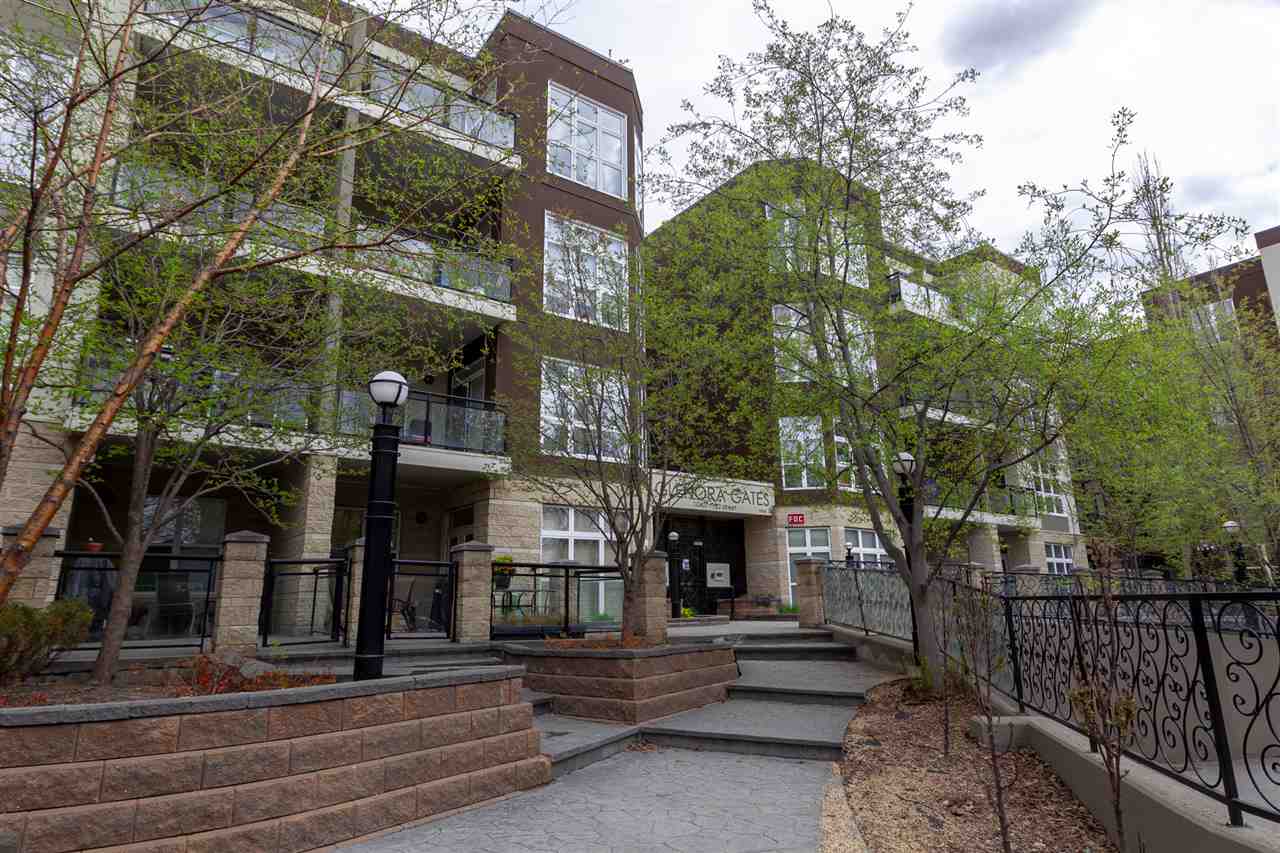WHAT YOU NEED TO KNOW ABOUT THE NEW ALBERTA CONDOMINIUM INSURANCE CHANGES?
Condominium Insurance is a relatively misunderstood type of coverage. To further complicate things, there have been some recent legislation changes made that may affect your policy, so this is the perfect time to review your policy to ensure that you have the appropriate level of coverage.
According to the Canadian Condominium Institute (CCI), effective January 1, 2020, Condominium Corporations will be able to seek recovery of the deductible portion of the Corporation’s insurance claim (up to a maximum of $50,000) from an Owner for damages that originates from the Owner’s unit or privacy area.
One major misconception about Condominium Insurance is that it is just contents insurance. It is true that the policy covers your contents up to a chosen amount, but it also covers much more than that. The Condominium Corporation carries insurance to cover the building and common elements but the individual unit owners should also carry insurance to covers aspects like improvements and upgrades, personal liability, additional living expenses, loss assessments and the possibility that the corporation assesses back the deductible due to an insured peril. The deductible assessment is the major change that needs to be addressed.
The major change as of January 1, 2020 is that the Condominium Corporation can now seek recovery of the deductible regardless if negligence has been proven. Condo Insurance policies usually include this type of coverage, however, depending on your policy the amount of coverage may be insufficient.
For example, if a pipe were to burst in your unit and flood your neighbour’s apartment, the corporation could recover from you, even though you were not negligent. If there was significant damage, the Corporation can recover up to $50,000 for the deductible. This is why it is so important to discuss with your broker to ensure that you are covered for this amount. If there is a gap in coverage, you would be responsible for the remainder.
Fortunately, there are a few steps you can take in order to be sure that you have the correct coverage:
1. Obtain a copy of the Condominium Corporation’s Certificate of Insurance, which will outline the current deductible amounts. They may have previously sent this to you or you can request directly from them.
2. Contact your Insurance company to discuss your policy and confirm that you have the coverage in place or to upgrade if necessary.
3. Review your policy with your broker and make adjustments as needed. Circumstance change over time so maybe some limits need to be increased.
For more information please contact your broker, visit our website or give us a call and we can do a coverage review for you to provide peace of mind and make sure you are fully protected in the event of a loss.

 Facebook
Facebook
 X
X
 Pinterest
Pinterest
 Copy Link
Copy Link



